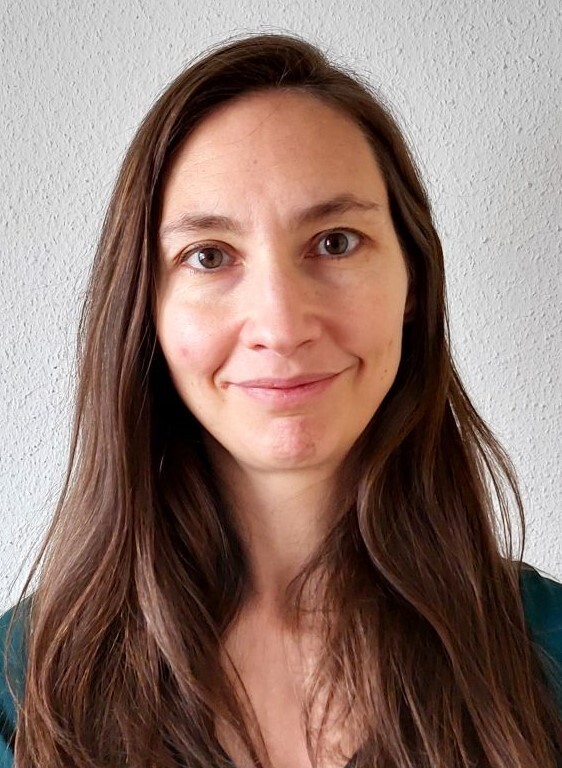
About the event
Thursday 24th April 2025
15:00 - 16:00 (London, BST)
Online via Zoom
Coupled Inequalities? Gender, Educational Assortative Mating and Cognitive Ageing
Presenter: Dr. Ariane Bertogg, Research Group Leader at the University of Konstanz
Chair: Bram Vanhoutte (Co-ordinator of the SLLS Interdisciplinary Health Research Group)
Abstract: This study investigates the influence of couples’ educational configurations on cognitive ageing, with a focus on gender differences. While the consequences of educational assortative mating on wealth are well-documented, less is known about the cognitive impacts of couples’ educational pairings. Based on the framework of cognitive reserve, I assume that cognitive benefits arise not only from one’s own, but also one’s partner’s education, whereby different patterns are expectable (accumulation of benefits in tertiary educated couples, compensatory benefits for individuals with a higher-educated partner).
Based on longitudinal data from the Survey of Health, Ageing, and Retirement in Europe (SHARE), Random Effects Growth Curve modelling is applied to predict an index of cognitive functioning (composed of three standardized cognitive tests) with four educational configurations: “homogamy high”, ”self higher than partner”, “partner higher than self”, “homogamy low”.
The findings reveal that individuals in couples where both partners are tertiary-educated (“homogamous high”) exhibit the highest levels of cognitive functioning, while those in “homogamous low” pairings, show the lowest cognitive functioning. This finding suggests an accumulation of benefits. Individuals with whose partner is more highly educated than themselves demonstrate slightly better cognitive functioning compared to those in homogamous low pairings, suggesting a weak compensatory effect of a partner’s higher education. Women benefit more from their own status as being the higher-educated individual in the couple than men, while in other constellations, differences between educational pairings are similar for men and women. Overall, the study indicates that both individual and partner educational levels may play a role for cognitive aging. Despite the importance of the social environment for cognitive health, one’s own education – and the embodied cognitive reserve – remains the more important resource.
How to register
Participation in this session is free of charge, but registration is required.
We do however ask you to consider becoming a member of the SLLS if you are not already, to help us continue our work in bringing the longitudinal and life course research community together. The SLLS membership year runs from January to December.
To register for this session, choose 1 in the 'quantity' dropdown box below (if you are registering a number of people, insert the overall number), then click on the 'Book Now' button and fill in the short form.
The session will be held via Zoom and all registrants will be emailed joining instructions a couple of days before the event. If you do not receive an email, please contact Cat Westlake.




